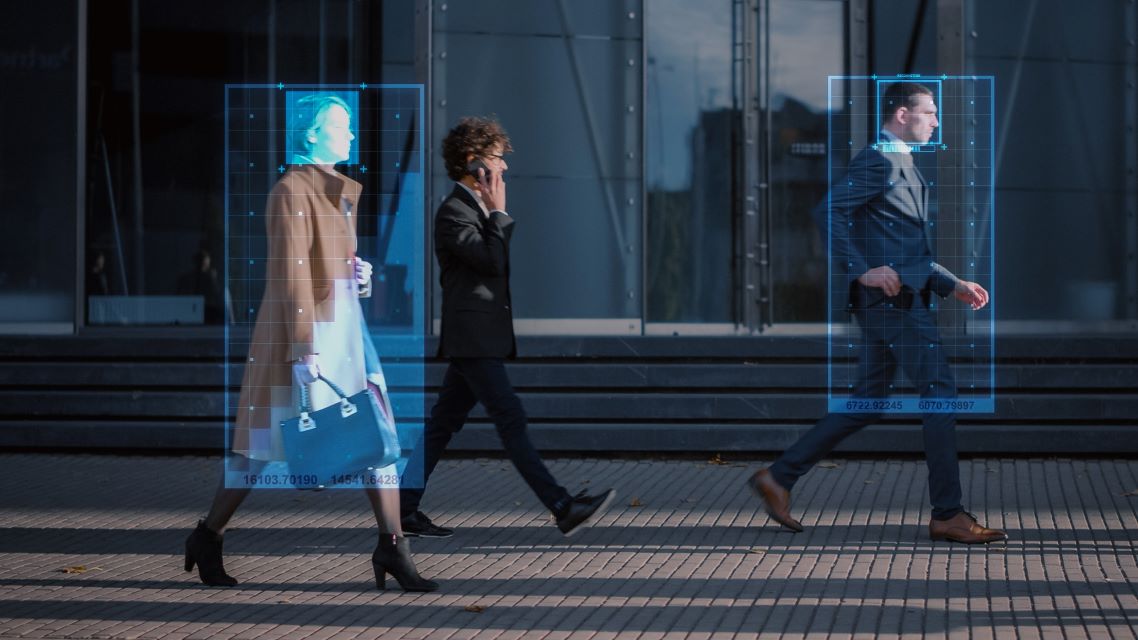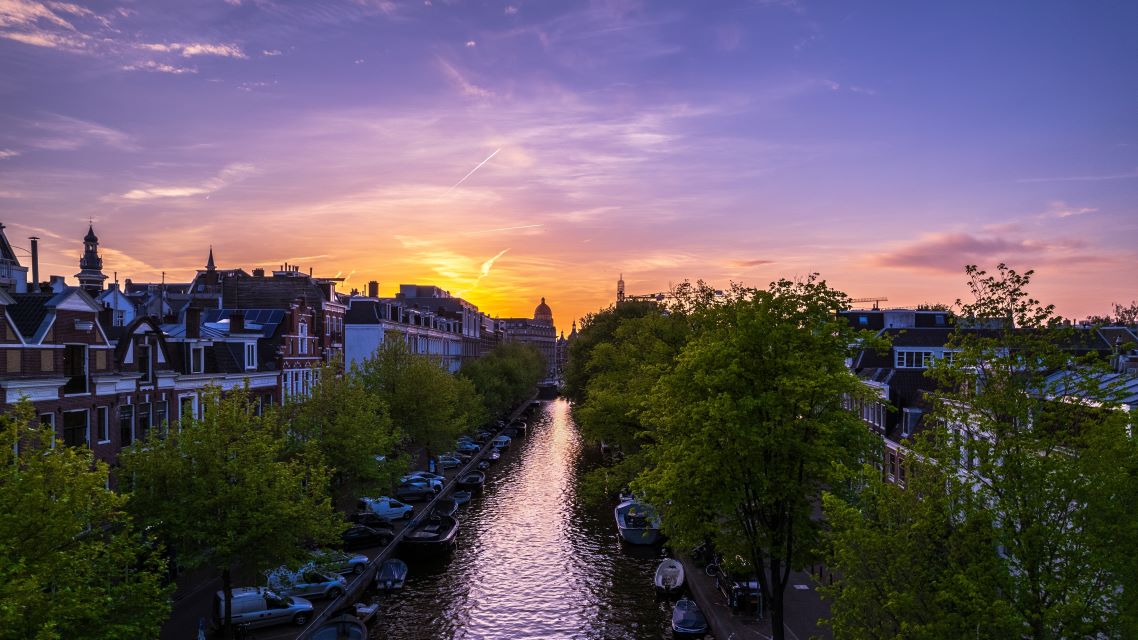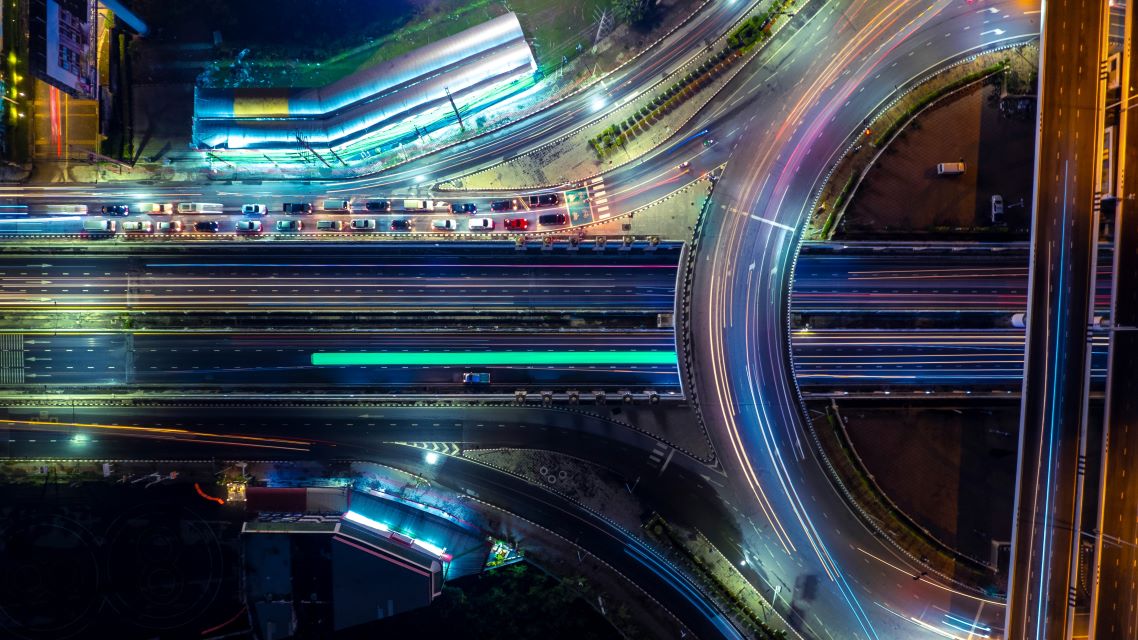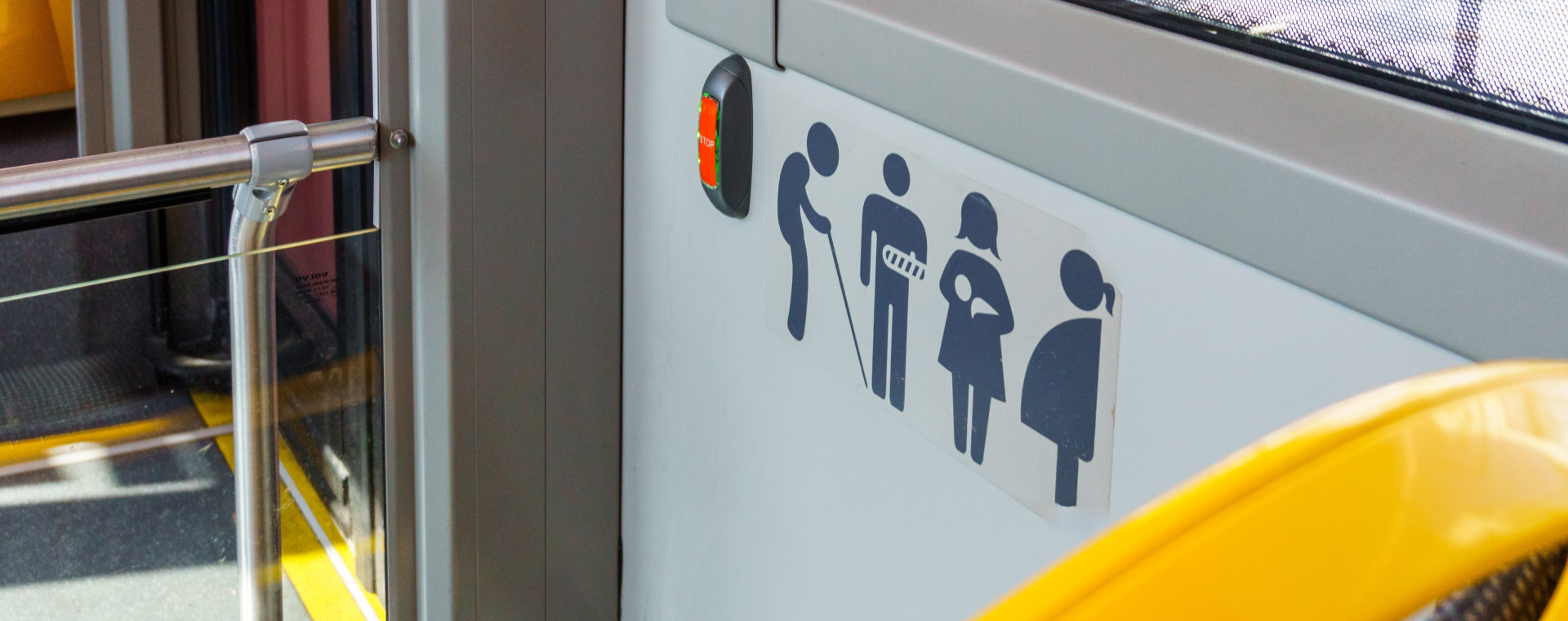Interview
Social Cohesion
How does mobility contribute to promoting social cohesion?
-
Barbara Stoll
Director at Clean Cities

Barbara Stoll, Clean Cities Campaign Director, explains how mobility strengthens social cohesion.
We know that today's society is more divided than ever. One of the main reasons for this is the rise of social medias and technology. Individuals have far fewer opportunities to connect in real life, or they choose not to because they're busy with their devices. Social medias have also given rise to polarized points of view.
Urban mobility, our cities, and the way they are built, have a huge impact on social cohesion and bringing people together. They shape spaces where people can really connect in real life. Urban design and mobility have a huge impact on happiness and human relationships. If you take the example of cities crossed by giant roads, we can see that this literally divides communities. People can no longer get together, chat, sit on benches, walk together. Urban decision-makers therefore have a responsibility: the design of our cities and the means we give citizens to get around influence their well-being, happiness and social cohesion.
We need a fair transition to foster social cohesion. Several levers are available to ensure the inclusion of the most marginalized individuals in this transition, and there is a significant gap between where we are now and where we need to be. It is absolutely essential that we support those individuals who need help, especially those who live near roads with high levels of pollution. Our cities must give everyone the same opportunities, the same options, and the same means of getting around.
There are several ways of achieving this goal. In France, there is the leasing system, which enables the most modest families to have access to an electric vehicle for a relatively attractive price. Another important solution would be access to affordable public transport. We can also raise the question of accessibility: are train stations close enough to all the city's inhabitants? Can people with disabilities easily access these vehicles?
This is an extremely important issue.
-
 Interview
Access
Interview
Access
How can we ensure inclusivity in green transition policies?
Colin Scicluna, Head of Cabinet for the Vice-President of the European Commission for Democracy and Demography
-
 Interview
Climate
Interview
Climate
Democracy, mobility and climate change: what’s next?
Democracy, mobility and climate change: what's next? Ulrike Guerot answers this question for The Mobility Sphere.
-
 Interview
Decarbonization
Interview
Decarbonization
What measures can we take to ensure that all individuals are included in the energy transition?
Jilian Van Der Gaag, Senior Policy Advisor at the Municipality of Amsterdam.
-
 Interview
Cars
Interview
Cars
How can cities spur the shift from private cars to public transportation?
Jilian Van Der Gaag, Senior Policy Advisor at the Municipality of Amsterdam.
-
 Interview
Access
Interview
Access
Will tomorrow’s mobility be inclusive and fair?
Dominique Riquet, Member of the European Parliament


